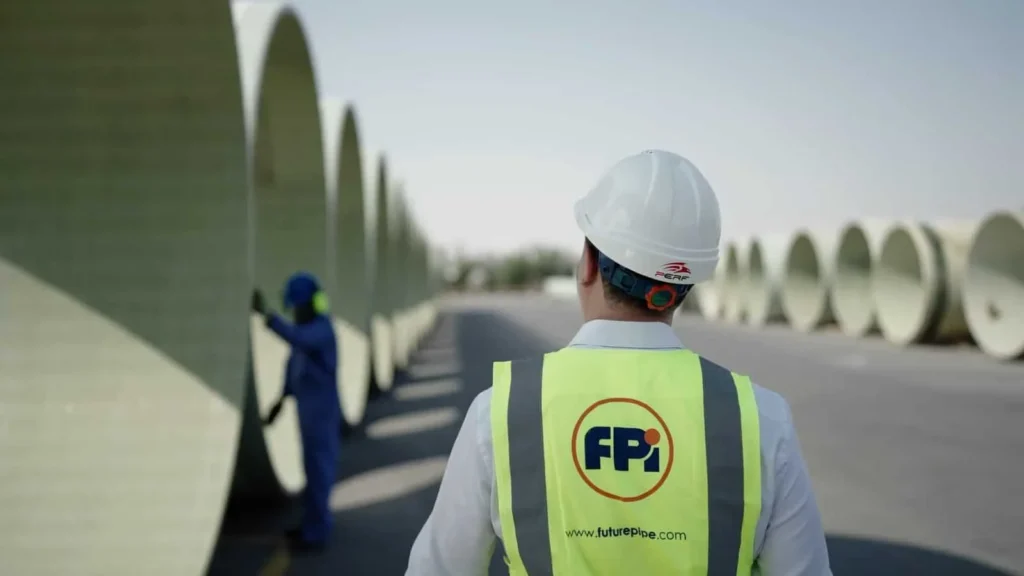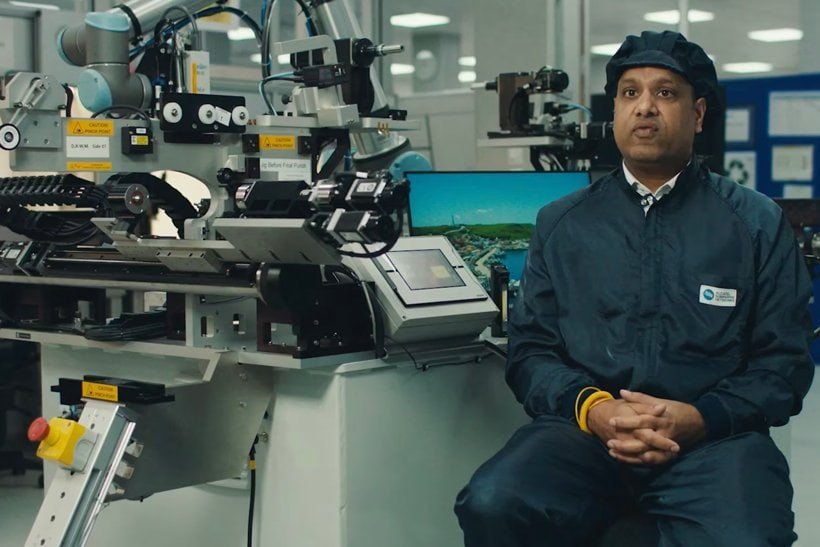Water comes first
Water is fundamental to the natural world and flows throughout all human activity, so if we want a sustainable future, we need to clean and reuse every drop of water we consume. This is the ethos of Hydreatio, set up in 2020 to help to preserve the planet’s most precious, finite resource.
Hydreatio’s Rotreat membrane filtration plants and Voigtlaender water disinfection solutions empower civil and industrial clients to change the way they use and recycle water. At the same time, clients reduce their costs and shrink their carbon footprint.
“If we want the products and prosperity that only industry can deliver, then we need water to ensure that industry remains sustainable,” says David Schwager, CEO of Rotreat, a Hydreatio company.
The case for industry change
Across the globe, pressure on scarce water supplies is relentless. Industry accounts for a huge amount of water use: in Europe alone, between 40% and 80% of water is consumed by industrial users, but these users are only recycling about 7% of that water.
The way Hydreatio sees it, if industry is the problem, then industry must also be the solution. That’s why the company is determined to make sustainability an easy and profitable choice for industrial clients.
“We need to do what nature does, only faster and better. We need to return clean water to the planet, to have it available for people, production and prosperity,” says Janette Santon, Hydreatio CCO.
Combating contamination
The accidental contamination of rainwater is a serious problem for commercial organisations and civil authorities alike. When Hydreatio called in its Rotreat team to help a waste management company in Austria tackle polluted rain runoff, challenges included high levels of organic and inorganic contamination, alternating periods of heavy rain and drought and sub-zero winter temperatures.
Rotreat’s membrane filtration system treated the recycling plant’s contaminated water quickly at a molecular level. This resulted in water clean enough to return to the local municipal water network – even clean enough to drink. As the plant now complied with national emission regulations, it was able to continue operating, which saved jobs and preserved a much-needed local facility.







